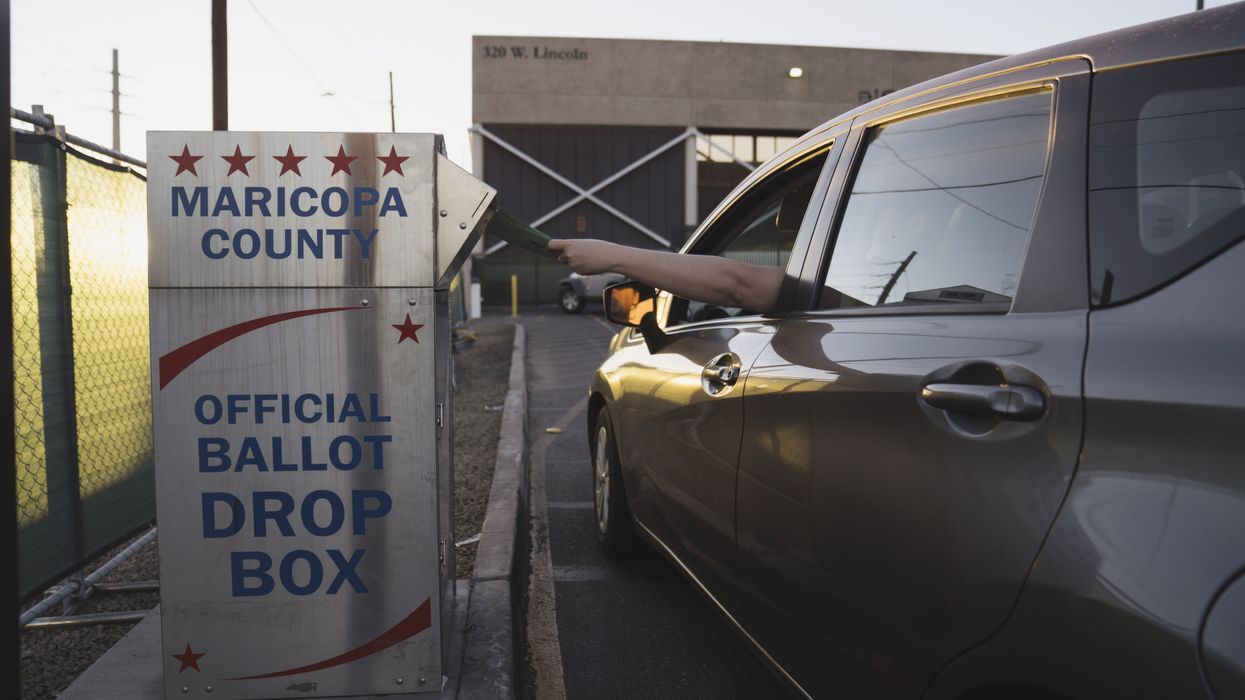This fact brief was originally published by the Arizona Center for Investigative Reporting. Read the original here. Fact briefs are published by newsrooms in the Gigafact network, and republished by The Fulcrum. Visit Gigafact to learn more.
Are there hundreds of thousands of undocumented immigrants on Arizona’s voter rolls?
No.
There is no evidence to suggest that thousands of undocumented immigrants are registered on Arizona’s voter rolls. Non-citizen voting has been found to be exceedingly rare.
The estimate was sourced from a legal complaint filed in federal court by a coalition of conservative groups and individuals, which accused Arizona Secretary of State Adrian Fontes of inadequate voter roll maintenance. The estimate does not refer to undocumented immigrants on voter rolls, but rather voters who have moved or died but remain registered. Arizona’s Attorney General has filed a motion to dismiss the legal complaint, stating there is not sufficient evidence to back up the claim.
It is not uncommon for states to have surplus voters on their rolls. Federal law requires that states follow a sometimes years-long process to remove voters who have moved elsewhere or died.
This fact brief is responsive to conversations such as this one.
Sources
DocumentCloud United States District Court for the District of Arizona, Complaint against SOS Fontes
Democracy Docket United States District Court for the District of Arizona, Arizona Attorney General’s Motion to Dismiss
National Conference of State Legislatures Voter Registration List Maintenance
Brennan Center for Justice Attacks on Voter Rolls and How to Protect Them
Department of Justice The National Voter Registration Act Of 1993 (NVRA)
Government Publishing Office Public Law 107–252 107th Congress, Help America Vote Act of 2002 ERIC, Inc. About



















Trump & Hegseth gave Mark Kelly a huge 2028 gift